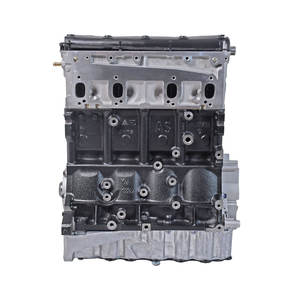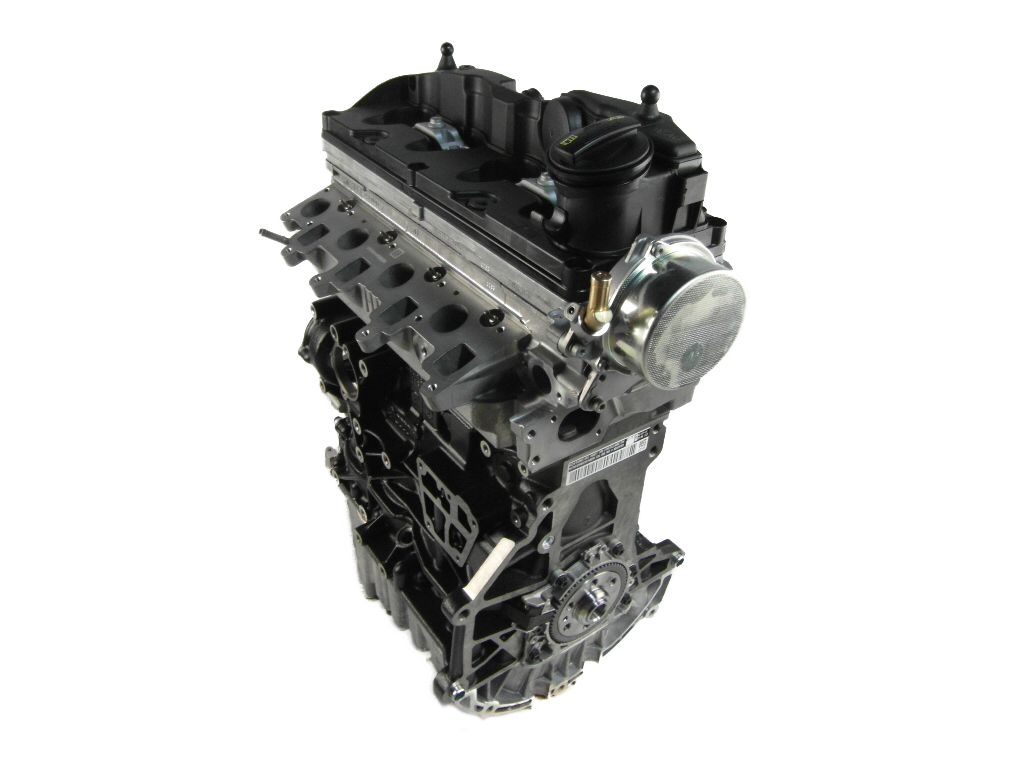Premium Amarok Engine for Sale-- Find the Perfect Substitute for Your Lorry
Wiki Article
Browsing the Process of Engine Selection: Key Variables to Think About
The procedure of engine selection is a complex undertaking that demands careful examination of numerous critical factors to make certain placement with functional goals. Performance needs, gas efficiency, and budgetary restraints are just the start; factors to consider around ecological impact and upkeep assistance play an essential duty in the decision-making framework.Performance Requirements
When choosing an engine, it is vital to develop clear performance needs that straighten with the designated application. Efficiency demands include a variety of variables, including power output, torque attributes, and responsiveness, which must be customized to the particular demands of the automobile or machinery in question.Power outcome, typically measured in horsepower, establishes the engine's capacity to drive a car or do a task successfully. Torque, on the other hand, is vital for applications calling for strong preliminary velocity or hefty lifting capabilities. An understanding of the operational setting is likewise important; for instance, engines designed for off-road applications may require different efficiency qualities compared to those meant for highway use.
Additionally, think about the functional load and duty cycle, as these factors affect the engine's long life and dependability. In high-load circumstances, a robust engine design might be essential to avoid premature wear or failing. In addition, efficiency requirements ought to additionally integrate considerations for emission requirements and regulative conformity, specifically in regions with stringent ecological guidelines. By defining these performance specifications early in the selection procedure, stakeholders can make informed choices that boost overall functional performance and efficiency.
Fuel Effectiveness Factors To Consider
While efficiency needs are crucial, fuel effectiveness is just as important in the engine choice process, as it directly influences operating expense and ecological sustainability. Fuel-efficient engines eat much less fuel each of work executed, which not just lowers overall expense however likewise minimizes greenhouse gas exhausts. As companies progressively prioritize sustainability, choosing an engine that maximizes fuel efficiency can boost corporate duty and conformity with ecological laws.
When examining fuel effectiveness, it is important to take into consideration the engine's style and technology - amarok engine for sale. Developments such as turbocharging, straight fuel shot, and hybrid systems can dramatically boost fuel economic climate. In addition, understanding the operating problems and task cycles of the engine application is important; engines might perform in different ways under differing lots and speeds
Furthermore, makers usually supply fuel consumption data that can be utilized to compare numerous engine choices. It is a good idea to analyze these specs in real-world circumstances to guarantee accuracy. Last but not least, the type of gas made use of can additionally influence gas effectiveness; alternate fuels may offer better performance and lower exhausts. In recap, gas effectiveness is a multi-faceted consideration that requires thorough analysis throughout the engine selection process.
Spending Plan and Price Evaluation
Budget and price evaluation works as a crucial component in the engine choice process, affecting both short-term financial investments and lasting functional costs. When assessing prospective engines, it is important to think about not only the first purchase price but also the overall expense of possession, which encompasses installation, maintenance, gas usage, and potential downtime.A detailed evaluation ought to start with the upfront expenses connected with the engine, including needed adjustments or ancillary equipment. Focusing solely on preliminary expenditures might lead to illinformed decisions. Examining operating expense over the engine's life-span is similarly crucial, as a lot more expensive engines may use remarkable fuel effectiveness or decreased upkeep needs, eventually resulting in cost savings.

Ecological Effect Variables
Comprehending environmental impact aspects is necessary in the engine choice process, as sustainability considerations have actually ended up being significantly essential for both governing compliance and corporate responsibility. Organizations has to review the emissions generated by different engine types, consisting of carbon dioxide, nitrogen oxides, particulate issue, and unburned hydrocarbons. These emissions contribute considerably to air contamination and environment change, requiring a mindful analysis of the engine's environmental impact.In addition, gas kind plays a vital duty in environmental impact. Engines powered by renewable resource sources, such as biofuels or hydrogen, tend to have a lower ecological influence contrasted to traditional nonrenewable fuel sources. In addition, the lifecycle analysis of the engine, from production via procedure to disposal, need to be considered to recognize the full scope of its environmental effects.

Maintenance and Support Alternatives
When choosing an engine, the schedule of maintenance and support choices is a vital factor to consider that can substantially impact operational performance and durability. Comprehensive upkeep plans guarantee that the engine operates at peak performance and decreases unanticipated downtimes. It is necessary to review the supplier's assistance network, including the straight from the source availability of certified service technicians and service facilities.Evaluating the accessibility of spare components is likewise crucial. A trusted supply chain for parts can reduce lead times for fixings and maintenance, thus boosting total productivity. Furthermore, think about the convenience of getting technical documents and training sources, which are vital for making click over here sure that employees are fully equipped to handle regular and emergency situation circumstances.
One more essential factor is the guarantee and service agreements provided by the maker. These arrangements can supply assurance and economic defense against unexpected issues. Inevitably, a positive technique to maintenance and support not just prolongs the life of the engine but also adds to the general success of the operation. Careful consideration of these aspects will certainly bring about informed decisions that line up with operational objectives and spending plans.
Final Thought
In verdict, try these out the process of engine selection necessitates a detailed examination of various vital factors, including performance demands, gas effectiveness, budget restrictions, environmental influence, and maintenance assistance. By carefully analyzing these aspects, educated choices can be made that straighten with operational goals and sustainability goals. Ultimately, a critical approach to engine choice will guarantee optimum efficiency and durability while addressing ecological and monetary factors to consider effectively.While performance needs are important, fuel performance is similarly important in the engine selection process, as it directly impacts operating prices and ecological sustainability. As companies increasingly prioritize sustainability, picking an engine that maximizes gas efficiency can enhance corporate responsibility and compliance with ecological regulations.
Additionally, recognizing the operating conditions and duty cycles of the engine application is essential; engines might do differently under differing rates and tons. (amarok engine for sale)
Evaluating operating expenses over the engine's lifespan is similarly important, as more pricey engines may provide exceptional fuel effectiveness or minimized maintenance needs, ultimately leading to cost savings.
In verdict, the procedure of engine selection necessitates a detailed analysis of various crucial elements, including efficiency requirements, gas effectiveness, budget constraints, environmental effect, and maintenance assistance. - amarok engine for sale
Report this wiki page